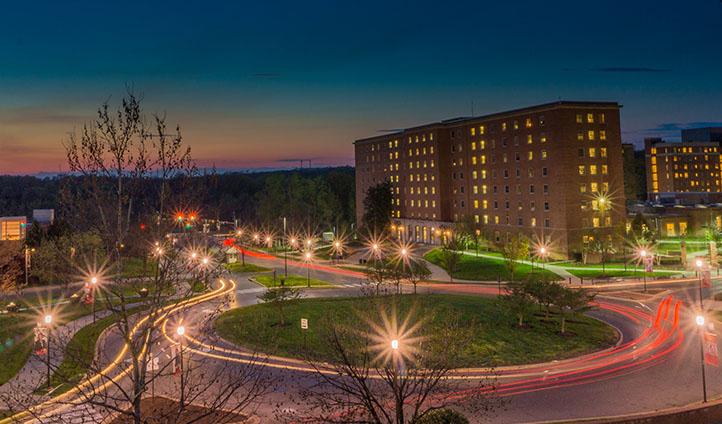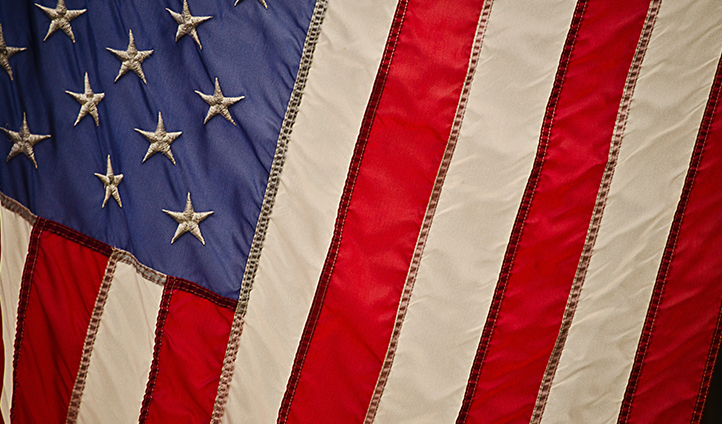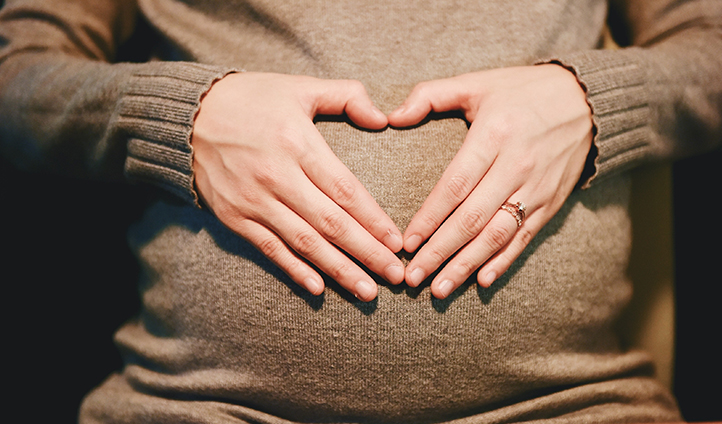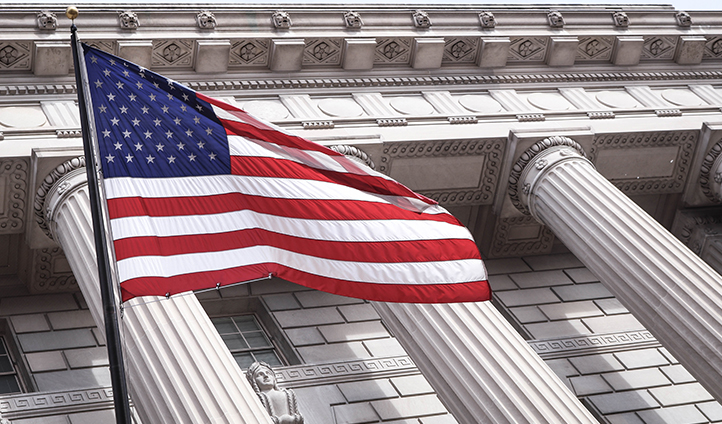Menu
Hot-Topics
February 19, 2026 | SCOTUS Reaffirms Fourth Amendment Standard for Police Responding to Household Emergencies
Category: Current

Qualified Immunity to Police Officers in District of Columbia v Wesby
The U.S. Supreme Court unanimously held in District of Columbia v Wesby, 583 U. S. ____ (2018), that police officers had probable cause to arrest several partygoers at a raucous, late-night Washington, D.C. party. The Court further held that the offi...

Supreme Court Adds Twelves Cases to Docket
The U.S. Supreme Court has been very busy this month. The justices recently added 12 news cases to their docket, including another redistricting dispute and a closely-watched case involving the collection of sales taxes by out-of-state retailers. ...

Juror Racial Bias Returns Death Row Inmate Case to Trial Court in Tharpe v Sellers
The U.S. Supreme Court recently ruled that a Georgia death row inmate should be able to continue his effort to reopen his case. In its per curium opinion in Tharpe v Sellers, 583 U. S. ____ (2018), the Court noted that the defendant faced long odds i...

SCOTUS Adds Another Partisan-Gerrymandering Case to Docket in Benisek v Lamone
The U.S. Supreme Court recently granted certiorari in Benisek v Lamone. The case, which challenges a Maryland redistricting map, is the second partisan-gerrymandering case before the justices this term. The Court now has cases by both Republicans and...

SCOTUS Begins New Year With Five Oral Arguments
The justices of the U.S. Supreme Court returned to the bench on January 8, 2018. The first week of oral arguments in 2018 included two original jurisdiction cases involving state disputes over water rights, two important Fourth Amendment cases, and o...

SCOTUS to Address Political Clothing at Polling Places in Minnesota Voters Alliance v Mansky
The U.S. Supreme Court has granted certiorari in yet another important First Amendment case. The issue in Minnesota Voters Alliance v Mansky is whether a Minnesota law, which broadly bans all political apparel at polling locations, violates the First...

Supreme Court Preview: NIFLA v Becerra
In November, the U.S. Supreme Court granted certiorari in what could be another blockbuster First Amendment case. The issue in National Institute of Family and Life Advocates (NIFLA) v Becerra is whether a California law that requires “crisis pregn...

SCOTUS Allows Enforcement of The Travel Ban While Legal Challenges Are Pending
The U.S. Supreme Court recently granted the federal government’s request to fully implement President Donald Trump’s September 24 proclamation while the federal appeals courts continue to consider legal challenges. More commonly referred to as th...

Sports Betting and Wedding Cakes Dominate Busy Week for SCOTUS
Before taking a break for the holidays, the U.S. Supreme Court held oral arguments in five cases, two of which may be blockbusters. In Masterpiece Cakeshop, Ltd. v. Colorado Civil Rights Commission, the justices considered the relationship between sa...

SCOTUS Week Includes Five Oral Arguments
After taking a break for the Thanksgiving holiday, the U.S. Supreme Court had a busy week. The justices heard oral arguments in five cases, one of which involves whether law enforcement agencies must obtain a warrant to obtain cell-site-location info...
Previous Articles
SCOTUS Decision in Bowe v. United States Is First of the 2026 Term
by DONALD SCARINCI on February 5, 2026
In Bowe v. United States, 607 U.S. ___ (2026), the U.S. Supreme Court held that Title 28 U.S.C. § ...
SCOTUS Rules State Can’t Immunize Parties from Federal Civil Liability
by DONALD SCARINCI on January 29, 2026
In John Doe v. Dynamic Physical Therapy, LLC, 607 U.S. ____ (2025) the U.S. Supreme Court held that...
Supreme Court to Address Racial Discrimination in Jury Selection
by DONALD SCARINCI onWhile the U.S. Supreme Court has concluded oral arguments for the year, it continues to add cases t...
The Amendments
-
Amendment1
- Establishment ClauseFree Exercise Clause
- Freedom of Speech
- Freedoms of Press
- Freedom of Assembly, and Petitition
-
Amendment2
- The Right to Bear Arms
-
Amendment4
- Unreasonable Searches and Seizures
-
Amendment5
- Due Process
- Eminent Domain
- Rights of Criminal Defendants
Preamble to the Bill of Rights
Congress of the United States begun and held at the City of New-York, on Wednesday the fourth of March, one thousand seven hundred and eighty nine.
THE Conventions of a number of the States, having at the time of their adopting the Constitution, expressed a desire, in order to prevent misconstruction or abuse of its powers, that further declaratory and restrictive clauses should be added: And as extending the ground of public confidence in the Government, will best ensure the beneficent ends of its institution.
Awards





